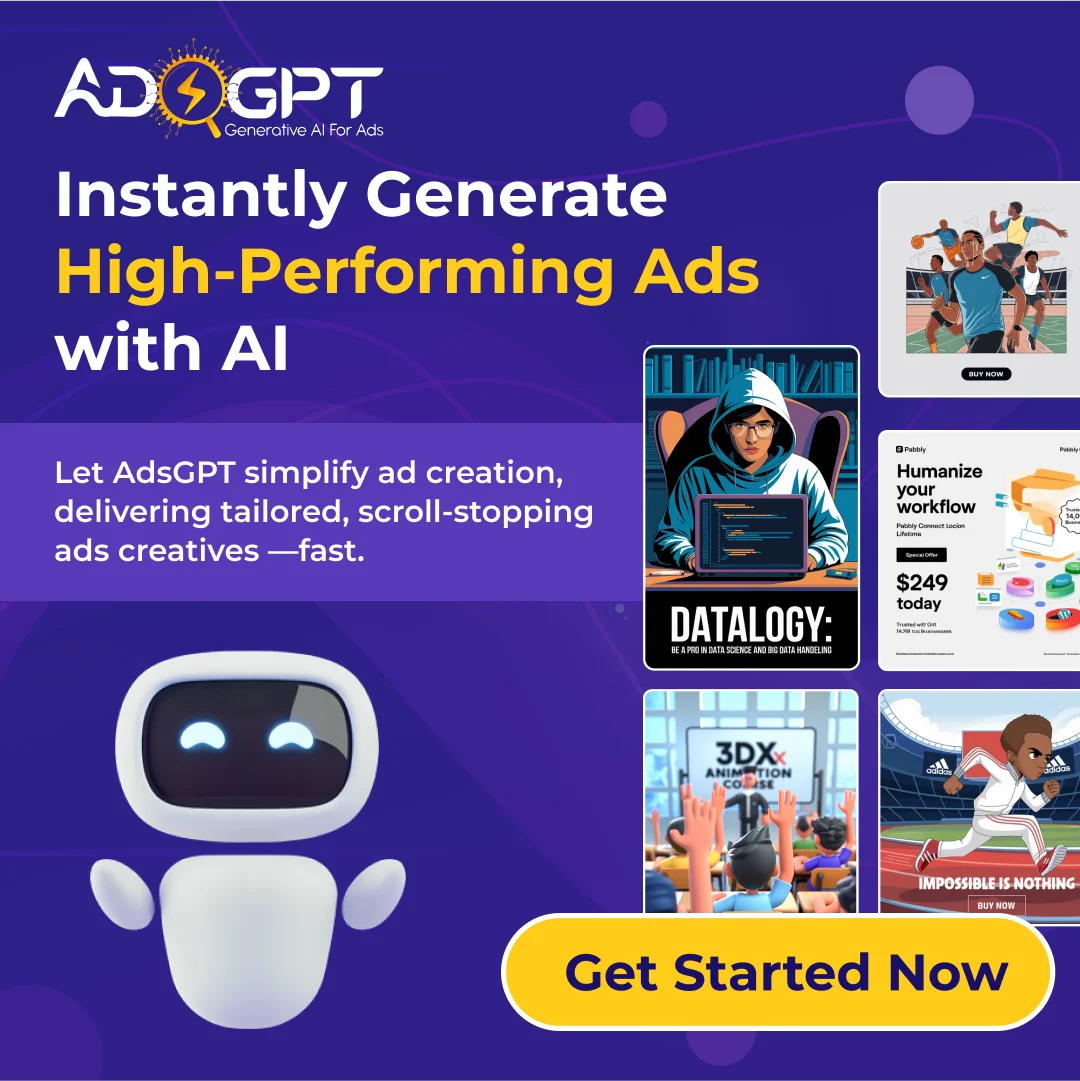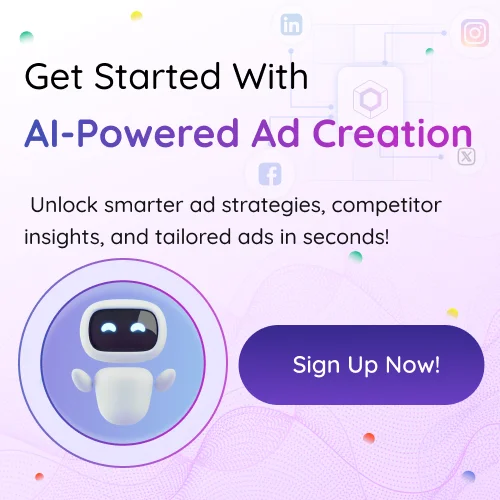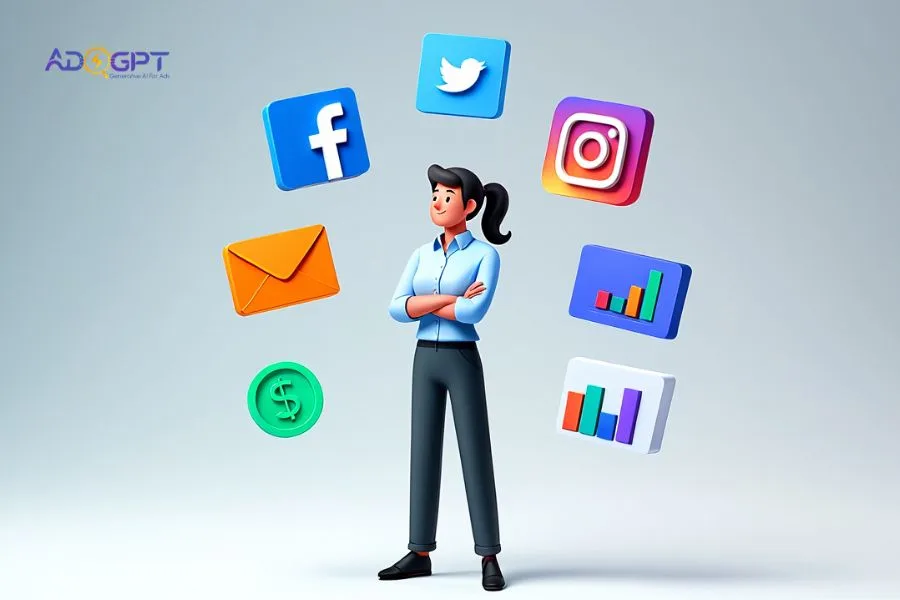
Running a small business comes with unique challenges, and attracting customers is often at the top of the list. This is where small business marketing plays a crucial role. Effective marketing helps your business stand out, reach the right audience, and drive growth, even on a limited budget.
In today’s competitive landscape, small businesses need to combine creativity with smart strategies to connect with potential customers. Whether it’s building a strong online presence, running targeted campaigns, or leveraging modern tools, mastering small business marketing can make a significant difference in your results.
In this guide, we’ll explore practical strategies, essential tools, and actionable tips to help your business attract more customers and grow successfully. By following these steps, you’ll be well-equipped to create a marketing plan that drives real impact.
you can also listen to our podcast here.
What is Small Business Marketing?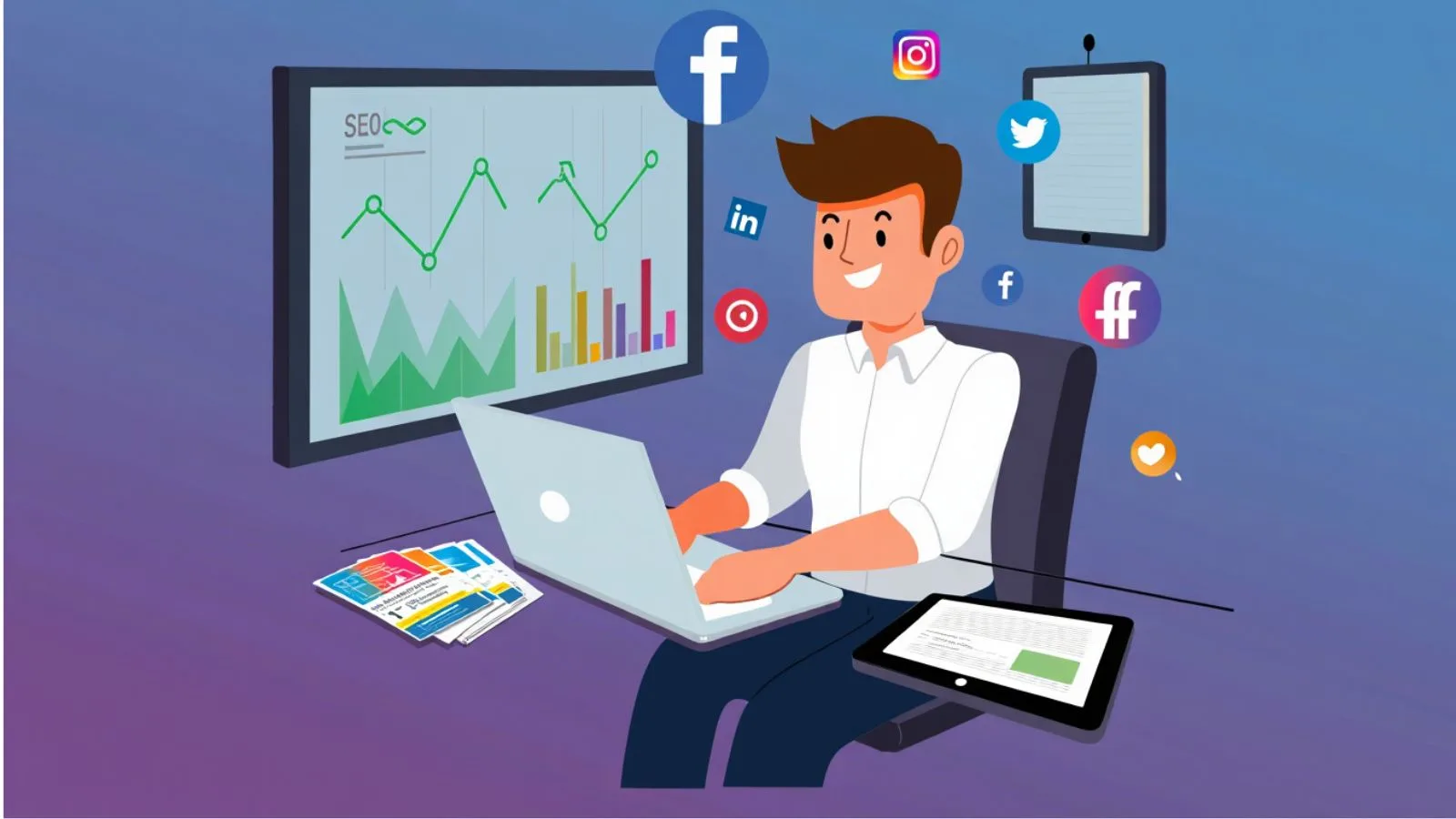
Small business marketing refers to the strategies and tactics used by smaller companies to promote their products or services, attract customers, and grow their brand. Unlike large corporations, small businesses often have limited resources, so marketing efforts need to be targeted, cost-effective, and strategic.
The main goal of small business marketing is to connect with the right audience, build trust, and generate consistent sales. This can include both traditional methods, like flyers and local events, and digital approaches, such as social media campaigns, email marketing, and search engine optimization.
Understanding small business marketing is essential because it helps business owners focus on the channels and strategies that will deliver the best results. With the right approach, even a small budget can make a big impact and drive meaningful growth for your company.
Key Strategies For Small Business Marketing
To attract customers and grow effectively, small businesses need to implement the right marketing strategies. Here are some key approaches that make a real impact:
- Social Media Marketing – Platforms like Instagram, Facebook, and LinkedIn allow small businesses to connect with audiences directly. Sharing valuable content, engaging with followers, and running targeted ads helps build brand awareness and drive conversions.
- Content Marketing – Creating blog posts, videos, and infographics educates your audience and establishes your authority in your niche. High-quality content encourages trust and repeat engagement, which is vital for marketing for small businesses.
- Email Marketing – Sending newsletters, updates, and personalized offers keeps your audience informed and engaged. Emails are a cost-effective way to nurture leads and encourage repeat purchases.
- Local SEO and Listings – Optimizing your business for local searches ensures that potential customers in your area can find you online. This is essential for small businesses looking to increase foot traffic or local online orders.
- Paid Advertising – Running targeted ads on Google or social media can quickly generate leads and sales. Tools like AdsGpt make creating effective campaigns easier, helping small businesses leverage digital marketing for small businesses efficiently.
By implementing these strategies thoughtfully, you can maximize your reach and attract the right customers. Understanding which tactics work best for your business allows you to focus your efforts and budget effectively.
Choosing the Right Channels for Your Audience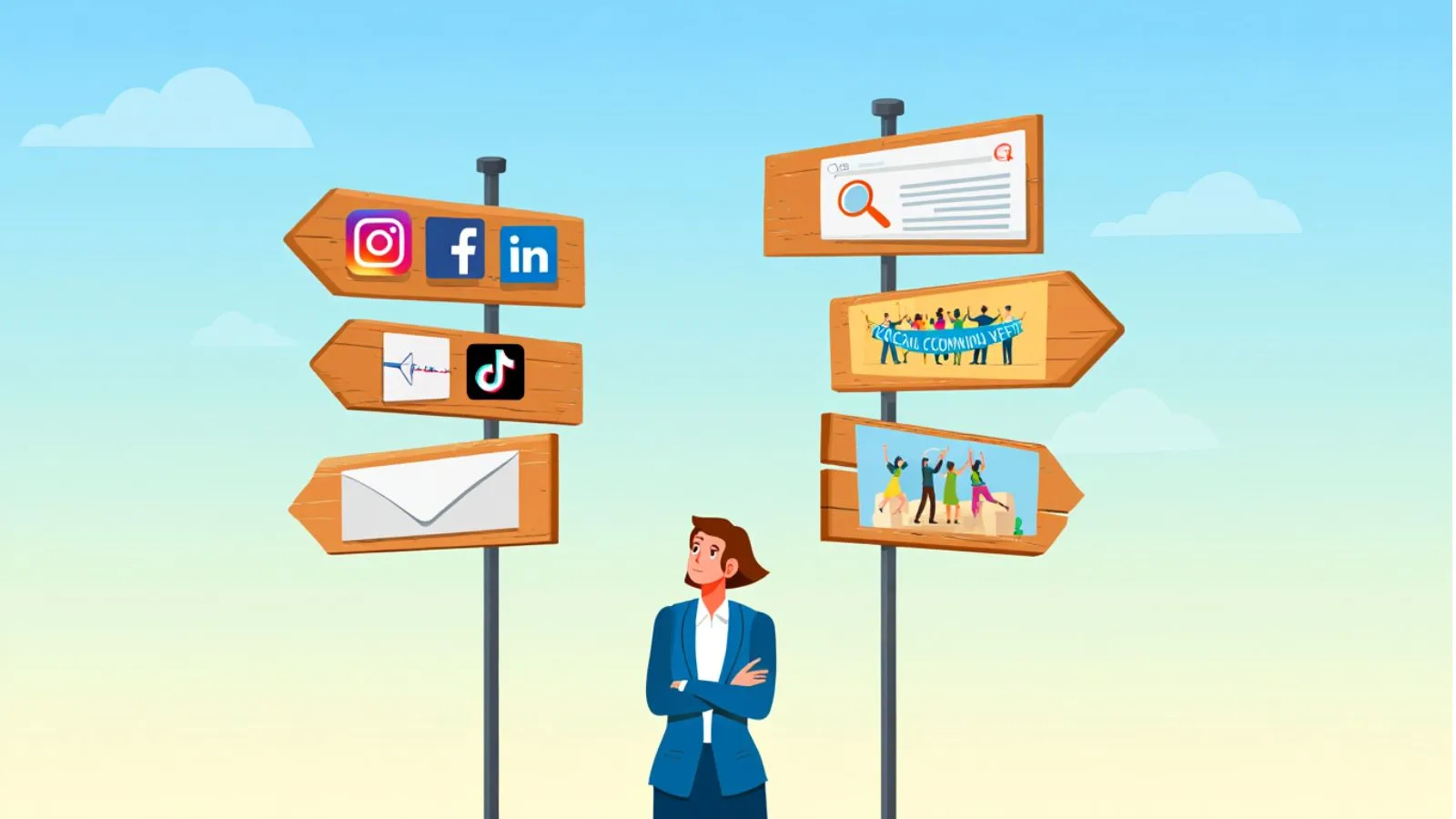
Selecting the right marketing channels is essential for effective small business marketing. Not every platform will work for every business, so understanding your target audience is key.
- Social Media Platforms – Determine where your audience spends the most time. Instagram and Facebook are ideal for visual brands, LinkedIn works well for B2B services, and TikTok can reach younger demographics.
- Search Engines – Optimizing for Google through SEO or running paid ads ensures your business is discoverable when potential customers search for relevant products or services.
- Email Marketing – For businesses with a loyal customer base, email newsletters or promotions help maintain engagement and encourage repeat sales.
- Local Marketing – If your business relies on a local customer base, consider community events, local sponsorships, or partnerships. These channels build trust and recognition in your area.
Choosing the right mix of channels allows you to focus your efforts where they matter most. By targeting platforms that align with your audience’s habits, you improve the efficiency of your marketing for small business strategies and boost your business for better results.
Leveraging Technology & Tools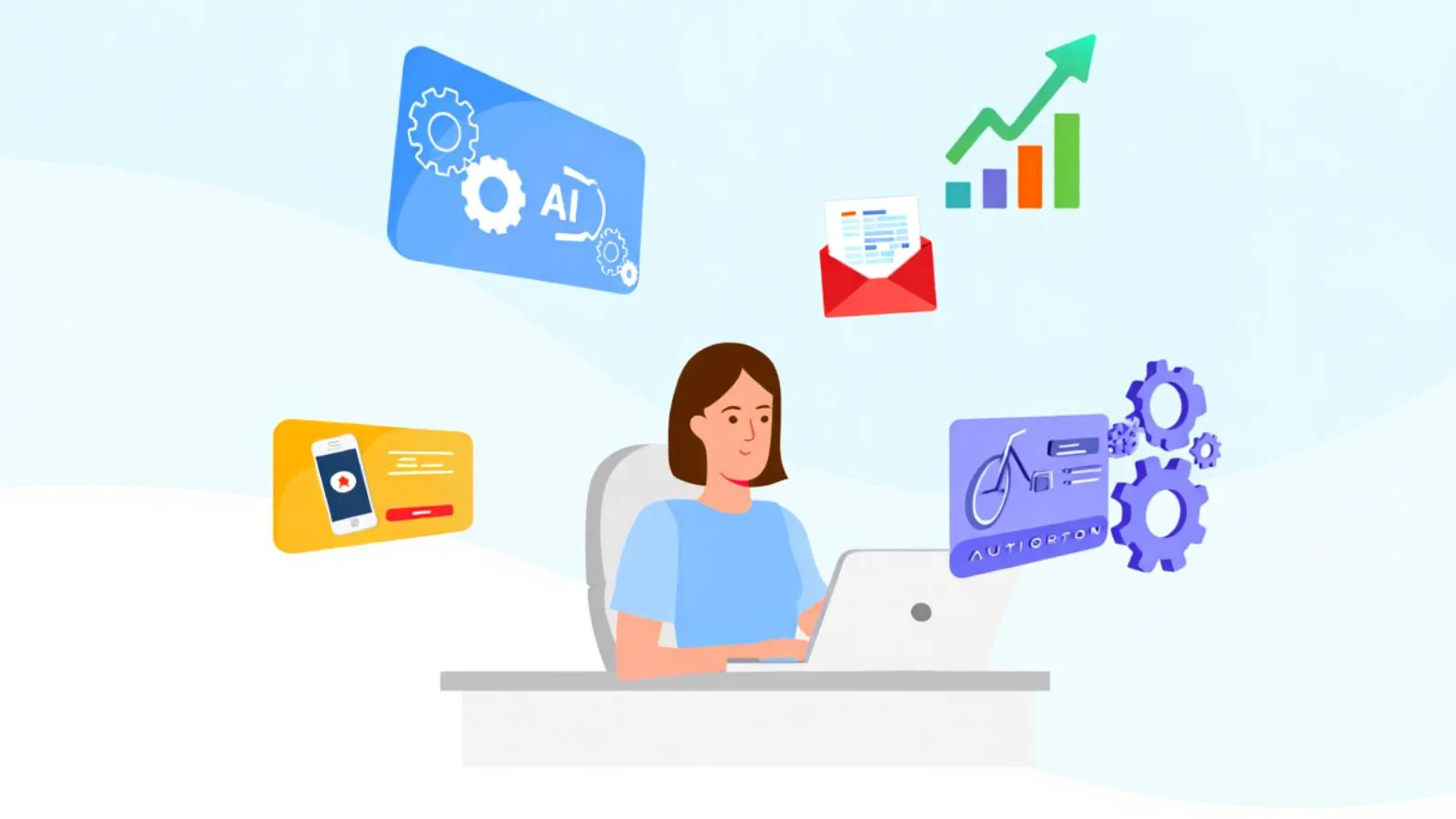
In a competitive market, small businesses can gain an edge by using the right technology and tools for their marketing efforts. Leveraging automation and AI can save time, reduce costs, and improve results.
One of the most effective tools for small business marketing is AdsGpt. This platform uses generative ai to help businesses create compelling ads and efficiently. With AdsGpt, you can generate high-quality ad copy, optimize visuals, and test multiple versions to see what performs best.
Additionally, using generative AI for marketing allows small businesses to experiment with different messaging styles and formats without hiring large teams or spending excessive time. Other useful tools include email marketing software, social media schedulers, and analytics platforms to track performance and adjust campaigns accordingly.
By integrating technology into your marketing workflow, you not only simplify your tasks but also enhance your ability to reach the right audience effectively.
Working with a Small Business Marketing Agency
For small businesses looking to accelerate growth, partnering with a small business marketing agency can be highly beneficial. Agencies bring expertise, strategy, and experience that can save you time and improve results.
- Access to Expertise – Agencies have professionals skilled in social media, content creation, SEO, and advertising, ensuring your marketing campaigns are optimized.
- Time-Saving – Managing marketing in-house can be time-consuming. An agency handles planning, execution, and monitoring so you can focus on running your business.
- Strategy and Insights – Agencies analyze data and audience behavior to craft strategies that deliver measurable results, helping your campaigns perform better.
- Cost Efficiency – Although hiring an agency involves investment, it can reduce costly trial-and-error approaches, helping you get better ROI on your marketing spend.
Choosing the right small business marketing agency is important. Look for agencies that understand your industry, align with your goals, and provide clear reporting. Working with professionals ensures your marketing efforts are strategic, efficient, and more likely to attract and retain customers.
Boost Your Marketing with AdsGpt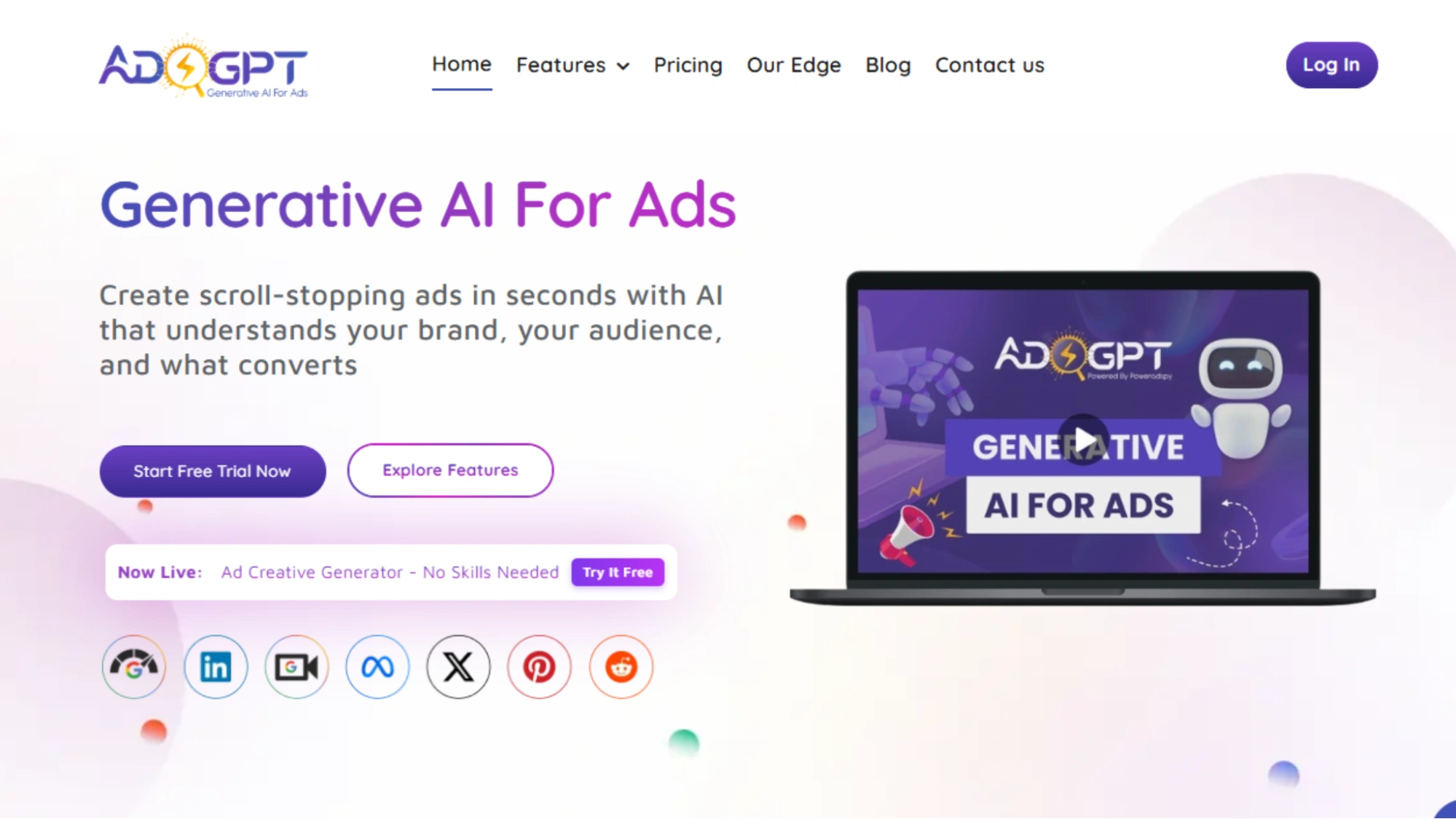
For small businesses looking to level up their campaigns, AdsGpt is a game-changing generative AI tool. This AI-powered platform helps you create high-quality ad campaigns quickly and efficiently, saving time and reducing the guesswork often involved in marketing.
Here’s how AdsGpt can transform your small business marketing:
Generative AI Ad Copy Creation – Craft compelling headlines, descriptions, and call-to-actions tailored to your audience without spending hours writing. AdsGpt’s generative AI technology ensures each ad feels original and conversion-focused.
Creative Optimization – Test multiple ad variations to find the most effective visuals and messaging for your campaigns, using AI insights to enhance engagement.
By leveraging generative AI through AdsGpt, small businesses can run professional, engaging campaigns without needing a large marketing team. It’s a practical solution for businesses that want to combine creativity with efficiency and maximize their reach in the digital space.
Also read,
Measuring Success & Optimizing Campaigns
Tracking and analyzing the performance of your marketing efforts is crucial for any small business. Understanding what works and what does not allow you to refine your strategies and get better results from your small business marketing campaigns.
- Track Key Metrics – Monitor engagement, clicks, leads, conversions, and ROI. These metrics show how your campaigns are performing and highlight areas for improvement.
- Analyze Audience Behavior – Use analytics to see which channels, content types, and messaging resonate most with your audience.
- A/B Testing – Experiment with different headlines, visuals, or calls-to-action to find the most effective combination.
- Adjust Strategies – Based on the data, tweak your campaigns, optimize budgets, and focus on the tactics that deliver the best results.
- Regular Review – Schedule monthly or quarterly reviews to assess overall performance and set goals for future campaigns.
By consistently measuring success and optimizing your campaigns, you ensure that your marketing small business efforts are efficient, targeted, and capable of driving sustainable growth.
Tips for Maximizing Your Marketing Budget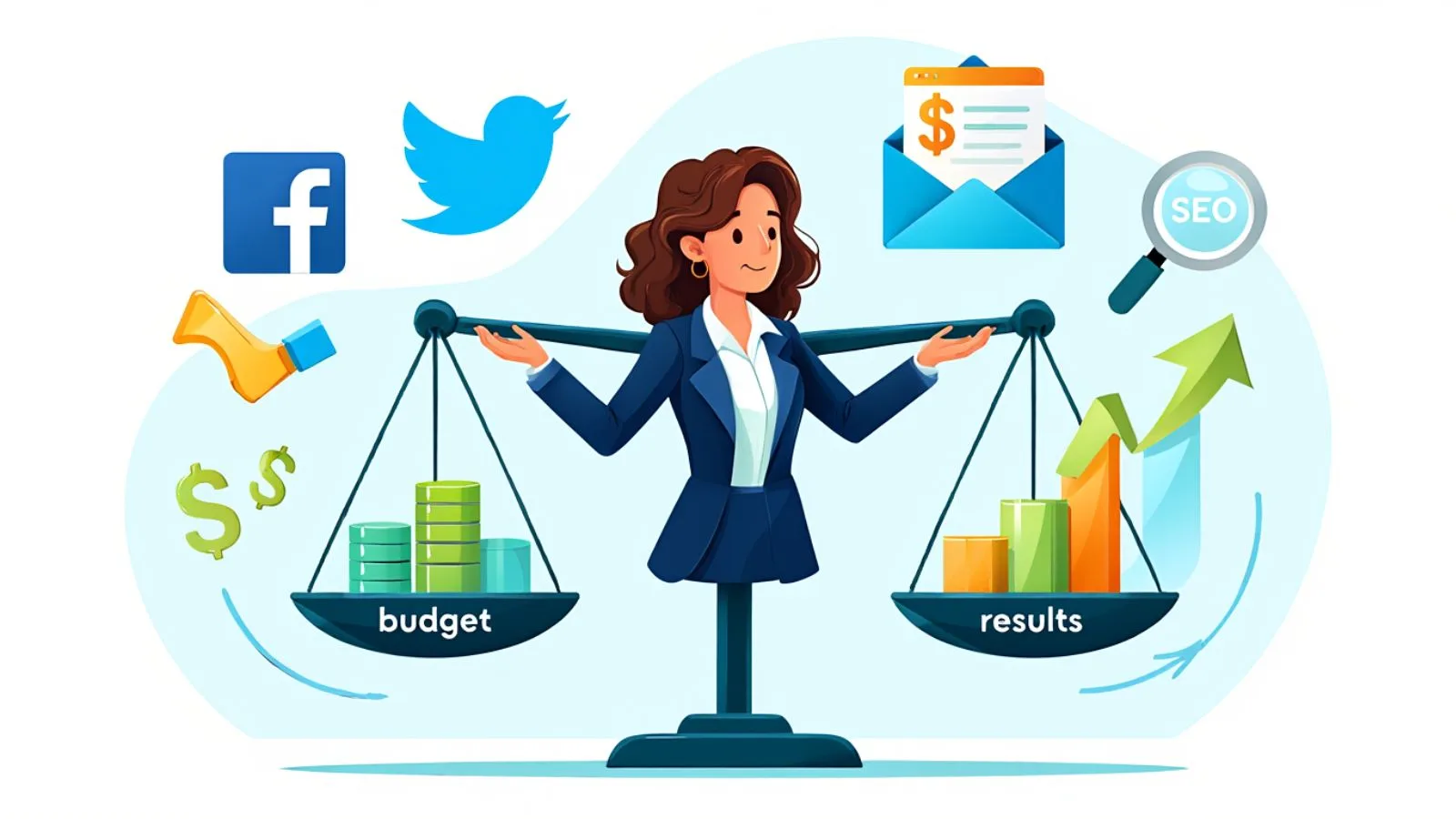
Small businesses often have limited resources, so making every marketing dollar count is essential. Here are practical tips to get the most out of your small business marketing budget:
- Prioritize High-Impact Strategies – Focus on channels and campaigns that deliver measurable results, such as social media ads, email marketing, or local SEO.
- Leverage Free or Low-Cost Tools – Use tools for scheduling, analytics, and content creation. Free platforms and trials can help save money without compromising effectiveness.
- Repurpose Content – Turn blog posts into social media snippets, videos, or infographics to maximize the value of your content.
- Targeted Advertising – Run ads to a specific audience rather than broad campaigns. This reduces wasted spend and increases ROI.
- Automate Where Possible – Tools like AdsGpt can create and optimize your ads, which allows you to save time and reduce the need for large marketing teams.
- Monitor and Adjust – Regularly review performance and reallocate budget to campaigns that perform best.
By following these tips, small businesses can stretch their marketing budget further, reach the right audience, and achieve better results. Strategic spending ensures that every campaign contributes meaningfully to growth and brand visibility.
Conclusion
Effective small business marketing is essential for attracting customers, building brand awareness, and driving growth. By implementing the right strategies—such as social media marketing, content creation, email campaigns, and local SEO—small businesses can connect with their target audience and achieve meaningful results.
Using tools powered by generative AI, like AdsGpt, helps streamline ad creation, optimize campaigns, and make smarter, data-driven marketing decisions. Generative AI enables small businesses to produce high-quality ad content, personalize messages, and test variations quickly—saving time and improving performance.
Working with a small business marketing agency or using AI-driven, data-backed approaches ensures your efforts are efficient, targeted, and impactful.
By planning strategically, choosing the right channels, measuring success, and maximizing your budget, small businesses can compete effectively in the digital landscape. Start applying these generative AI–powered marketing strategies today to attract more customers, increase engagement, and grow your business successfully.
FAQs
- How can small businesses benefit from using AI in marketing?
AI helps small businesses automate repetitive tasks, create personalized campaigns, and analyze performance data efficiently. Tools powered by generative AI, like AdsGpt, can craft compelling ad copy, optimize targeting, and improve ROI without needing a large marketing team. - What are the most effective small business marketing strategies?
The best strategies include social media marketing, local SEO, email campaigns, and consistent content creation. Adding AI-driven tools to your workflow can make these strategies more efficient by automating content generation, ad optimization, and performance tracking. - Is generative AI suitable for small business marketing?
Absolutely! Generative AI helps small businesses produce creative, high-quality content quickly—such as ads, social posts, and email copy—while keeping costs low. It allows small teams to scale their marketing efforts and stay competitive in the digital space.

